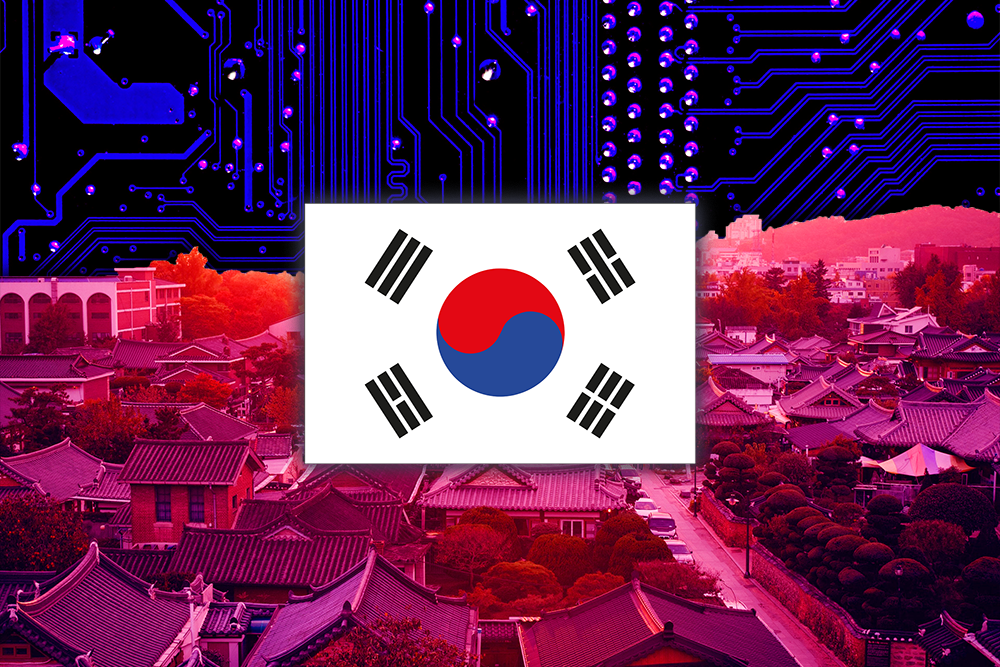In a significant legislative move, South Korea’s National Assembly passed the “Basic Act on the Development of Artificial Intelligence and the Establishment of Trust” on 26 December 2024, commonly referred to as the AI Basic Act. This landmark legislation positions South Korea alongside the European Union in establishing a comprehensive regulatory framework for artificial intelligence (AI), aiming to balance innovation with ethical considerations and public safety.
Key Provisions of the AI Basic Act
The AI Basic Act consolidates 19 separate AI-related proposals from various political factions into a unified framework. Its primary objectives include fostering AI innovation while addressing ethical, safety, and societal concerns. The Act introduces several critical provisions:
- Transparency Requirements: AI developers and operators must ensure transparency in their AI systems, providing clear information about how decisions are made and data is processed.
- Ethical Guidelines: The Act mandates the development and adherence to ethical guidelines for AI usage, emphasizing the protection of human rights and prevention of discrimination.
- Risk Classification Framework: AI systems are classified based on their potential impact on human rights and safety, with stricter requirements imposed on high-risk or high-impact AI applications.
- Oversight and Enforcement: The Ministry of Science and ICT is authorized to conduct investigations and issue corrective orders for violations, ensuring compliance with the Act’s provisions.
Non-compliance with the Act can result in fines of up to 30 million KRW (approximately $20,500), underscoring the government’s commitment to enforcing these regulations.
Alignment with International AI Regulations
South Korea’s AI Basic Act mirrors key aspects of the European Union’s AI Act, particularly in adopting a risk-based approach to AI regulation. Both frameworks classify AI systems based on their potential impact, imposing stricter requirements on high-risk applications. This alignment reflects an emerging international consensus on AI governance, emphasizing the importance of transparency, ethical guidelines, and robust oversight mechanisms.
Implications for AI Development and Innovation
The enactment of the AI Basic Act signifies South Korea’s commitment to leading in AI development while ensuring that innovation does not compromise ethical standards or public safety. By establishing clear guidelines and regulatory frameworks, the Act aims to:
- Promote Responsible AI Development: Encouraging the creation of AI systems that are ethical, transparent, and safe.
- Enhance Public Trust: Building confidence among citizens in AI technologies through stringent oversight and ethical standards.
- Foster International Collaboration: Aligning with global AI governance trends to facilitate international cooperation and standardization.
Global Context and Future Prospects
South Korea’s legislative move comes amid a global push for AI regulation. Other jurisdictions, including the United Kingdom and Japan, are actively discussing AI legislation, with potential new laws anticipated in 2025. These developments highlight a growing recognition of the need for comprehensive regulatory frameworks that balance AI innovation with ethical considerations and public safety.
As AI continues to evolve and integrate into various aspects of society, the AI Basic Act represents a proactive approach to governance, setting a precedent for other nations to follow. By addressing the complexities of AI through comprehensive legislation, South Korea is paving the way for a future where AI technologies are developed and utilized responsibly, ethically, and transparently.
Conclusion
The passage of the AI Basic Act marks a pivotal moment in South Korea’s approach to artificial intelligence. By establishing a comprehensive regulatory framework, the nation is taking significant steps to ensure that AI development aligns with ethical standards and public safety considerations. This move not only positions South Korea as a leader in AI governance but also contributes to the broader global discourse on responsible AI development and regulation.
For more detailed information, refer to the official announcement by the Ministry of Science and ICT and related legislative documents.
Sources:
- South Korea Joins EU in Establishing Comprehensive AI Legislation
- South Korea Unveils Unified AI Act
- South Korea’s AI Basic Act: A Blueprint for Regulated Innovation
- AI Basic Act Passes National Assembly, Aiming for Enhanced AI Reliability
- South Korea passes AI Basic Act amid political turmoil

